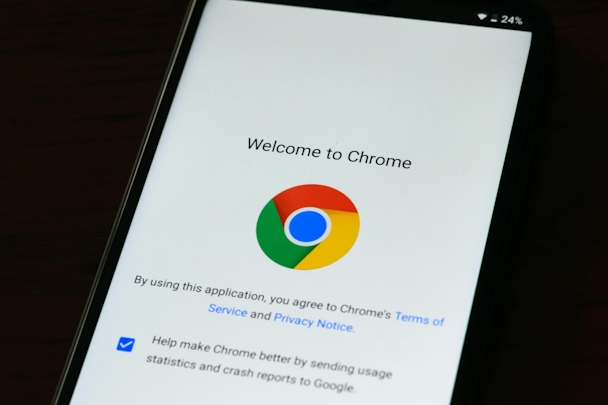Why breaking up Google won’t happen (and why it shouldn’t)
The US Department of Justice is proposing a forced sale of Chrome. The chances of it actually happening? Slim, writes Gordon Young.

/ Photo by AS Photography, Pexels
The calls for Google’s head are deafening. In August, a federal judge ruled that the search giant operates an illegal monopoly. The US Department of Justice (DOJ) responded with proposals to break up Google by forcing the sale of its Chrome browser and possibly Android. At first glance, this sounds like a bold, game-changing remedy. But here’s the rub: it’s not going to happen. And perhaps it shouldn’t.
Breaking up Big Tech makes for great headlines and political posturing, but the reality is far more complicated. Antitrust experts largely agree that such extreme remedies are unlikely to stick. Why? Because they’re legally shaky and operationally messy. Divestiture is typically used to unwind mergers – not to dismantle businesses a company built from scratch, like Chrome and Android.
Want to go deeper? Ask The Drum
Let’s not forget the ghost of Microsoft past. Two decades ago, the government tried a similar breakup after Microsoft was found guilty of monopolistic practices. The plan failed spectacularly, overturned on appeal. That case set a high bar for divestiture – and Judge Mehta, who’s presiding over the Google case, will know this. Even if he ordered Chrome’s sale, Google would likely fight it all the way to the Supreme Court, and history suggests they’d win.
So, if a breakup isn’t the answer, what is? Behavioral remedies – measures that limit Google’s anti-competitive practices – are not only more practical but fairer. The DOJ could ban exclusive agreements that make Google the default search engine on Android devices, or require Google to license its search results and ad tools to competitors. These changes would encourage genuine competition without upending the digital ecosystem.
Critics might argue that breaking up Google is the only way to fix its monopolistic grip on search and advertising. But let’s be honest: divestiture wouldn’t eliminate Google’s dominance overnight. Chrome and Android don’t make Google a monopoly – they’re just tools. The real issue is Google’s ability to secure default search agreements and lock advertisers into opaque, overpriced ecosystems like Performance Max. Address those behaviors, and you start to level the playing field.
Advertisement
There’s also the risk of unintended consequences. Forcing Google to sell Chrome or Android could lead to years of legal wrangling and disruption, not just for Google but for developers, advertisers, and consumers. Meanwhile, the ad market might not become more competitive; it could simply shift power to other tech giants like Apple or Amazon.
Let’s be clear: Google’s dominance does need to be reined in. But dismantling the company is a hammer where a scalpel is needed. Smart regulation, not showy breakups, is the way forward. A more competitive search ecosystem is within reach– if we focus on targeted remedies that address the root causes of Google’s monopoly. Breaking up Google sounds dramatic, but it’s a solution in search of a problem it can actually fix.
Read more analysis: Judge unlikely to embrace US government’s push to require Chrome divestiture, experts say
